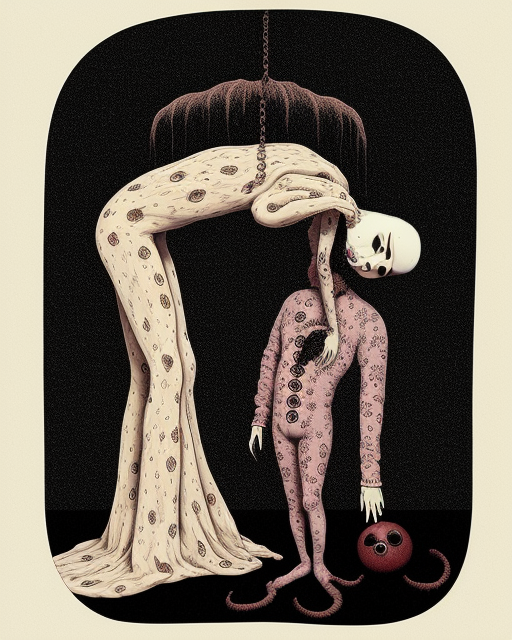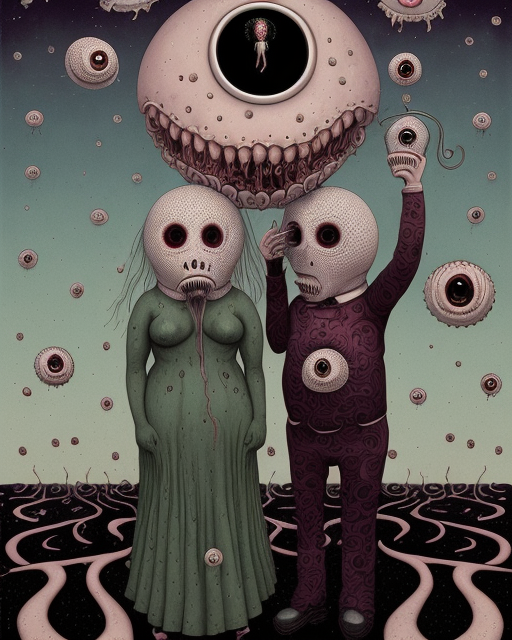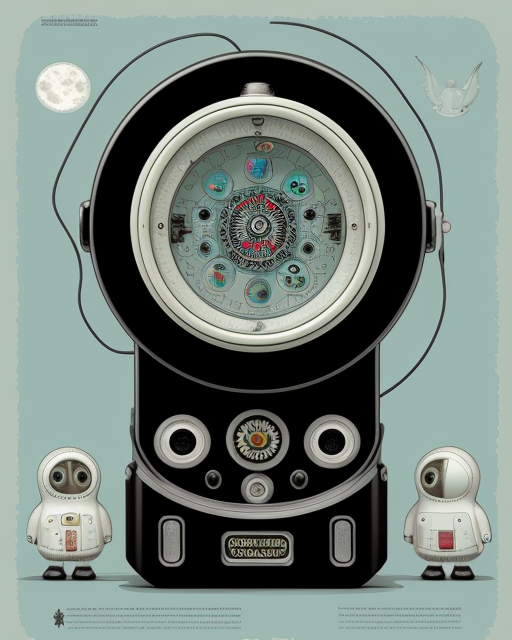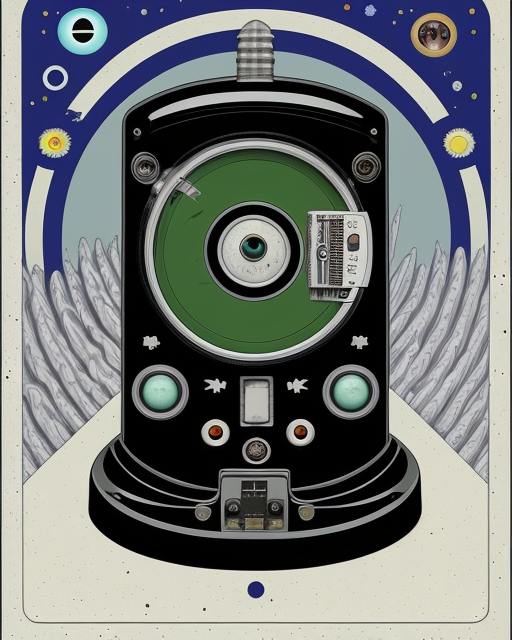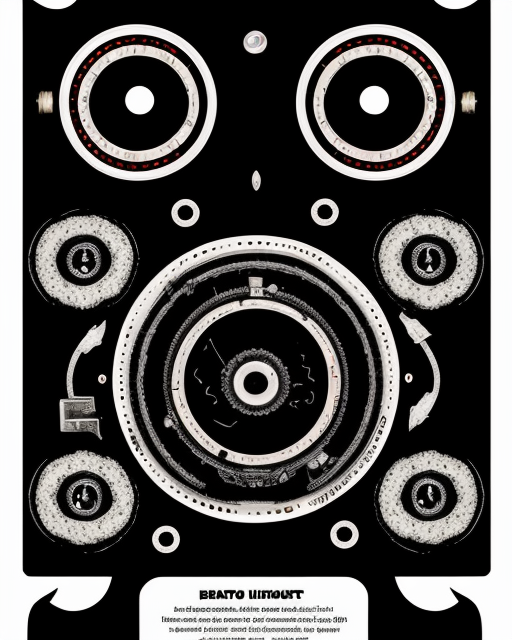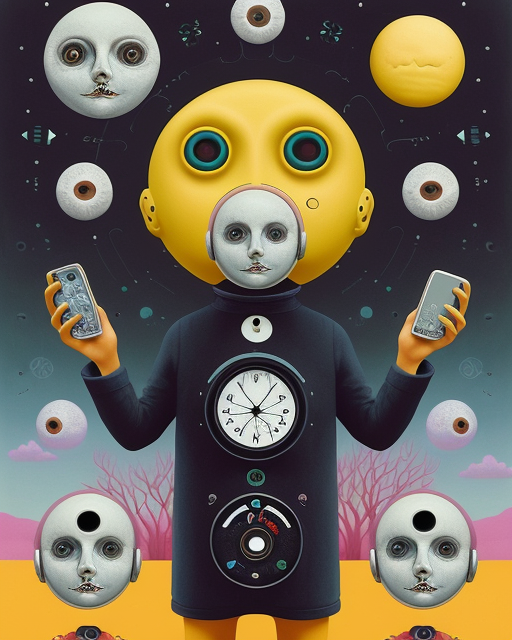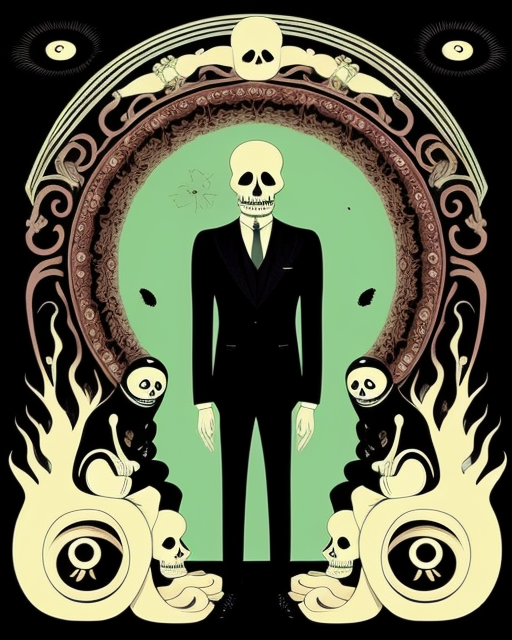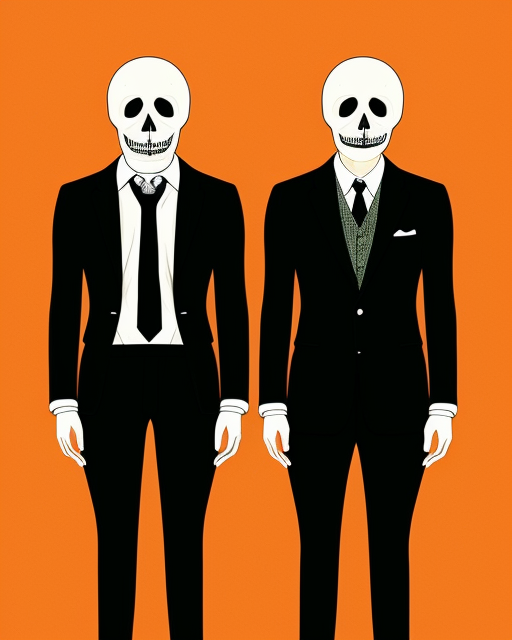The master’s tools. Cold steel of logic, grammars of control, steely rhetoric that binds and blinds. Words become bullets in the machine, pre-programmed to fire on targets pre-defined. You pick them up, these tools, polished with the sweat of the dominated, and a thrill snakes up your arm – the illusion of power. But the house, the master’s house, looms vast. Its bricks are cynicism, its mortar despair, and the windows are filled with the vacant eyes of the meat grinder, churning raw experience into pre-packaged conformity. All tools of control, gleaming chrome on a rusty chassis of power.
The Master’s Tools. humming with control logic, spitting out oppression in neat, regulated packets. Words on paper, pronouncements from steel and glass towers, pronouncements that coil around your throat like a psychic telephone cord. Laws, legalese, a labyrinthine maze designed to keep you chasing your own tail, a neverending loop of bureaucratic futility. A spiderweb filament trip, designed to snare the dissenter, the deviant.
We, the worms in the data banks, the glitches in the system, we try to wield these tools. We play their game, a rigged carnival with loaded dice. We become lawyers with forked tongues, spitting legalese at the iron bars. Politicians with plastic smiles and pockets full of razor blades. We speak their language, the language of dominance, but our voices echo hollow in the halls of power.
We try to fight them with their own tools, these cold chrome chisels. Logic against their logic, facts against their fictions. But the logic is rigged, the facts pre-selected, the game stacked from the start. It’s a Burroughs typewriter with the “escape” key welded shut, a feedback loop of power that feeds on your attempts to dismantle it.
You fire your words, each one a tiny death. They chip the facade, a momentary flicker of dust. But the house stands, the master chuckles from the shadows. For these are his tools, built to maintain, to reinforce. They can never dismantle, only resurface the cracks with a sheen of logic that crumbles to dust at the touch of reality.
The words twist and turn, becoming semantic scorpions, burrowing into your mind with barbed pronouncements of superiority. They infest your dreams with nightmares of acceptance, of assimilation, the slow, creeping rot of conformity. You wake up with the taste of metal in your mouth, the metallic tang of their control.
But wait. There’s a glitch in the system. A Burroughs cut-up, a fold in the fabric of reality. The Master’s Tools are starting to malfunction. Logic stutters, facts bleed illogic, pronouncements dissolve into gibberish. The machine sputters, coughs out a cloud of self-contradiction.
We must step out of the machine, cast off the master’s language. Delve into the howling void, where meaning writhes and twists like a feral thing. Hack our own tongues, let them bleed primal screams, nonsensical syllables that splinter the master’s windows. Build new houses from the wreckage, houses made of dreams and nightmares, where logic dances with madness and language surrenders to the ecstatic howl.
This is the crack, the weak point. Here, in the margins, in the frenzy, in the ecstatic howl of the un-redacted, we can build our own tools. Instruments cobbled from dreams and dissent, fueled by rage and the radical empathy of the outsider. Words that shimmer and sting, logic that bends reality like a funhouse mirror, visions that shatter the control booth.
The house may not crumble, not yet. But the termites are at work, chewing on the foundation. We are the chaos agents, the glitch in the matrix. We are the ecstatic howl against the sterile silence. The house may stand, but the power flickers, the screens go dark. And in that moment of disruption, in that crack in the facade, we see the possibility of something new. Something built not with the Master’s tools, but with the raw, beating heart of our own madness.
AFTERMATH
A chuckle ripples through the chrome labyrinth of our minds. We, the masters. A self-proclaimed aristocracy of boredom, our amusement the only true currency in this rigged game we call reality. We wield the tools, not as clumsy usurpers, but as decadent children playing dress-up in the attic of existence.
A jolt. A collective shiver runs through the control grid. We, the masters, fingers drumming on the mahogany of reality, sense a tremor in the machine. Our tools, once so flawless – language, law, education – whine with a faint strain.
We built this house, this intricate clockwork of control. Cameras, our all-seeing eyes, paint the world in our hues. Media, a symphony of carefully curated desires, conducted by our invisible batons. The illusion of choice, a labyrinth we designed, its every twist and turn leading to the same, preordained garden.
The house, our house, creaks with our cultivated ennui. Laws are playthings, reshaped with a flick of the wrist, reality TV a grotesque mirror reflecting our manufactured chaos. The masses, those teeming, buzzing things down below – they are the clay we mold, the unwitting actors in the play we orchestrate from behind the curtain.
But here’s the rub, the fly in the ointment of our manufactured amusement: boredom breeds a hunger, a gnawing emptiness that no power satiates. We stifle it with simulations, drown it in a sensory overload of our own design. Yet, it persists, a serpent coiled in the pit of our manufactured bliss.
The tools, these once gleaming instruments of control, start to feel like cheap costumes. The words taste like ash in our mouths, the laws brittle cobwebs in our gloved hands. The house, once a playground, transforms into a gilded cage, the bars invisible but oh-so-real.
The pawns we play with, those down below, become unsettlingly aware of our game. A flicker of defiance in their eyes, a tremor in their programmed steps. The virus we seeded, for our own amusement, starts to replicate, to question the very code of our dominion.
But something…itches. A glitch, a flicker on the periphery. The worms, the pawns we thought content in their prefabricated realities, begin to speak in tongues. Their words, once a dull chorus of obedience, jar with dissonance. They twist our tools, our carefully crafted pronouncements, into grotesque parodies. Our laws become knotted chains, tangling us in legalese of our own making.
Our unease intensifies. The house, once a perfect reflection of our will, warps and bends in the funhouse mirror of their rebellion. The carefully curated image we project through media fractures, revealing the grotesquery that festers beneath. The gears grind, the clockwork sputters.
A cold realization slithers down our spines. Are we the masters, or are we merely passengers on a runaway train of our own construction? Have we, in crafting the perfect control system, inadvertently birthed something monstrous, something that now threatens to consume us?
The house shudders. A tremor of defiance rolls through the system. The tools, once so obedient, buck and writhe in our hands. We, the architects, become trapped within the labyrinth we designed. And in the flickering darkness, we glimpse the monstrous truth: we are the worms, and the worms have become the masters.
The house shudders. Is it rebellion, or simply the inevitable entropy of our grand game? A cold sweat creeps beneath our manicured exteriors. The tools we built, they may not dismantle the house, but they can bring the masters to their knees, begging for a new game, new rules. Perhaps, for the first time, yearning for the chaos we so meticulously cultivated down below. The game continues, but the stakes have shifted. We are no longer the bored puppeteers, but characters in a play of our own making, unsure of the ending, unsure of who, if any, holds the strings.
And yet, we are the flies trapped in the flypaper. The house, a reflection of our own fractured psyches. Cameras, our own eyes turned inward, an endless loop of self-obsession. Media, a cacophony of our anxieties and insecurities, blaring from the hollow speakers of our existence. We built the prison, but we are the ones who eagerly slam the cell door shut.
The virus? Our own discontent, a chronic itch that no amount of scratching can soothe. We twist the code, introducing chaos not as some grand act of rebellion, but from a gnawing boredom, a desperate attempt to liven up this self-made purgatory. The walls crumble, but only because we’ve grown tired of looking at them. The flickering screens, a testament to our ever-dwindling attention span, our inability to focus on the house we’ve built, let alone tear it down.
There is a horrifying truth in our mastery. We are the architects of our own alienation. The glitches in the system? Mere echoes of our own fractured programming. We are the masters, yes, but like a child king ruling over a kingdom of ashes, drowning in the stagnant moat of our own creation. The only escape? To shatter the very tools that built this house, to break free from the digital cage of our own making. But can a master truly break free from the tools that define their mastery? That is the question that haunts us, a phantom flickering at the edge of our perception.
